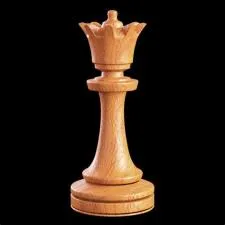Is it rude to talk during chess?

Is it rude to ask for a draw in chess?
Its not against the rules, but it is considered bad ettiquette. Its considered cheating to discuss, and or ask for advice regarding an ongoing game. If you're going to lose, then it's very rude to ask for a draw.
2024-02-20 20:12:41
What is the difference between delay and increment in chess?
with an increment I will flag. Increment means the time is added to your clock, delay means the clock doesn't run for a while. Delay doesn't add time to the clock if you move quicker than the delay. Increment adds time to the clock if this happens.
2024-02-05 10:03:11
Is talking allowed during chess?
Behavior of spectators: No one is permitted to talk or make noise during the match. Spectators are not permitted to point out rule infractions, call time or the “flag” on a chess clock, talk to team members, talk on a phone, or in any way annoy or distract the players.
2024-01-16 02:25:50
Can i have two queens in chess?
A piece may be promoted to regardless of whether it has been captured. Consequently, a player might have two or more queens, or three or more rooks
rooks
The rook (/rʊk/; ♖, ♜) is a piece in the game of chess. It may move any number of squares horizontally or vertically without jumping, and it may capture an enemy piece on its path; additionally, it may participate in castling.
https://en.wikipedia.org › wiki › Rook_(chess)
Rook (chess) - Wikipedia
, bishops, or knights. In theory, a player could have as many as nine queens, ten knights, ten bishops, or ten rooks, though these are highly improbable scenarios.
2023-04-02 16:21:16
- Recommended Next Q/A:
- Why is overwatch 5 player now?



